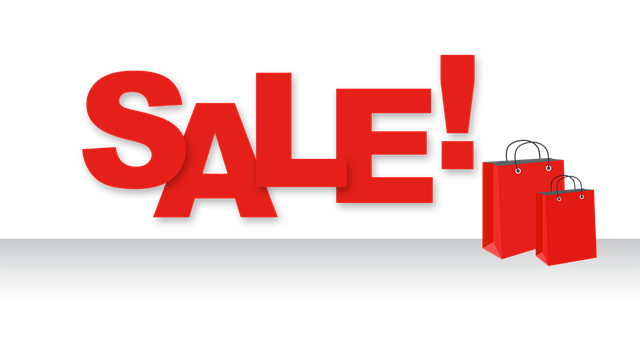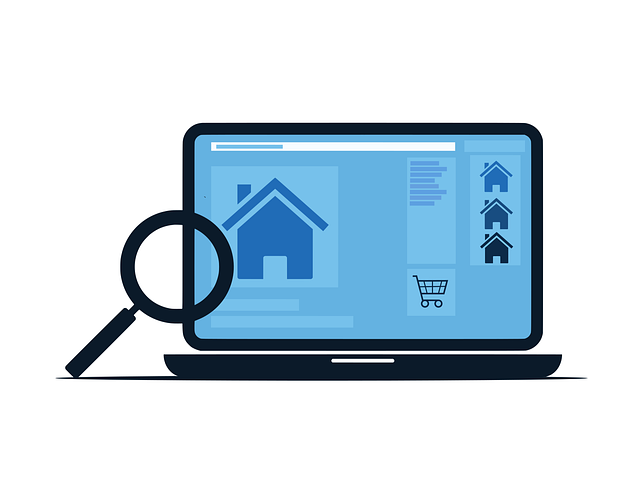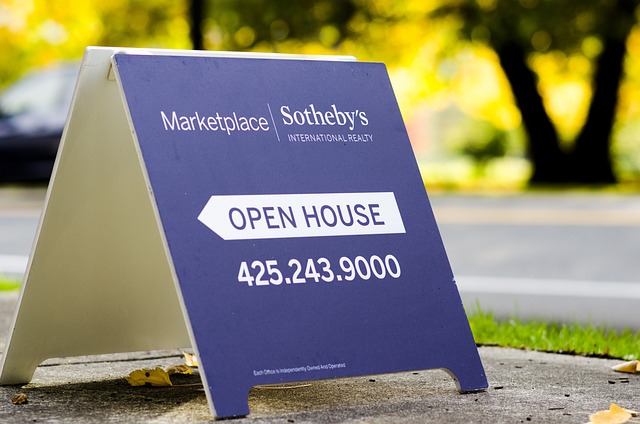In today's flexible real estate market, tenants can choose between short-term leases, co-working spaces, or remote work options for adaptable living, catering to diverse lifestyles and professional needs. Homeownership offers advantages like equity building, customization, tax benefits, stability, and security, ideal for long-term residence. The decision between flexibility and ownership balances mobility against commitment, with renting providing freedom and homeownership offering long-term gains and personalization but requiring responsibilities like maintenance and location permanence. Informed choices in real estate tailor to individual needs and financial aspirations in a dynamic market.
In today’s dynamic world, real estate options present a flexibility versus ownership dilemma. This article unravels the benefits of both paths in the real estate landscape. We begin by understanding flexibility, from short-term leases to remote work norms, and its impact on tenants’ adaptability. Next, we explore traditional advantages of property ownership: equity building, financial stability, control, tax perks, and security. In the final section, we weigh these options, analyzing cost, lifestyle, risks, and advantages to help readers choose between flexibility or ownership based on their unique needs and aspirations in the real estate market.
Understanding Flexibility in Real Estate: This section will define flexibility in the context of real estate and explore its various forms, such as short-term leases, co-working spaces, and remote work options. It will discuss how flexibility benefits tenants and their ability to adapt to changing circumstances.

In today’s dynamic world, flexibility in real estate is more valuable than ever. It encompasses a range of arrangements that cater to tenants’ evolving needs and preferences. One of the most prominent forms is the short-term lease, offering occupants the freedom to move on when their professional or personal circumstances change without the long-term commitment. Co-working spaces have also gained popularity, providing a flexible alternative to traditional offices, especially for startups and freelancers who require a dynamic environment and access to amenities.
Furthermore, remote work options have revolutionized how we perceive office spaces. Tenants can now opt for home offices or shared workspaces, allowing them to maintain a healthy work-life balance. This flexibility benefits tenants by giving them the power to adapt to changing life stages, business demands, or even global events like the pandemic. It ensures that real estate remains an adaptable and responsive part of modern living, satisfying diverse lifestyles and professional needs.
The Advantages of Property Ownership: Here, we will delve into the traditional benefits of owning property in real estate. This includes building equity, long-term financial stability, control over one's living space, and potential appreciation of assets. We'll also touch on tax advantages and how ownership can provide a sense of security and permanence.

Owning property in real estate comes with a host of traditional benefits. One of the most significant advantages is building equity, where each monthly payment contributes to owning a larger share of your home over time. This long-term financial stability provides a solid foundation for future plans and investments. Furthermore, property owners have complete control over their living space, enabling them to customize and renovate according to personal preferences. The potential appreciation of assets adds another layer of security, as rising property values can lead to significant gains.
Tax advantages also make homeownership attractive. Many countries offer tax deductions for mortgage interest and property taxes, reducing the overall cost of ownership. Moreover, owning a home provides a sense of security and permanence, knowing that your residence is not subject to the whims of landlords or market fluctuations. This stability can be particularly beneficial for families and individuals seeking a long-term place to call their own.
Weighing the Scales: A Comparative Analysis: In this final part, we will compare and contrast the flexibility versus ownership paradigm in real estate. It will include a discussion on when each option is more suitable, cost analysis, and the impact on lifestyle choices. We'll also explore potential risks and advantages associated with both paths, helping readers make informed decisions based on their personal preferences and financial goals.

In the realm of real estate, the debate between flexibility and ownership is a delicate balance that demands careful consideration. Each paradigm offers a unique set of advantages and disadvantages, catering to diverse lifestyle preferences and financial aspirations. For instance, renting or choosing a flexible leasing option provides tenants with the benefit of mobility; they can effortlessly adapt to changing circumstances, be it career shifts or personal needs, without the burden of long-term commitments. This fluidity is particularly appealing to young professionals or those with transient lifestyles, offering them the freedom to explore different neighborhoods and communities without the financial weight of property ownership.
On the contrary, homeownership presents a distinct set of benefits. It fosters a sense of stability and permanence, allowing individuals to build equity over time and create a nest tailored to their personal tastes. Owning property can lead to significant long-term financial gains, especially in appreciating markets, and provides control over one’s living space. However, it also entails substantial responsibilities such as maintenance costs, tax burdens, and the commitment to a specific location, which might not align with everyone’s desires or financial capabilities. Weighing these factors is crucial for an informed decision, ensuring that the chosen path aligns with individual needs, preferences, and financial goals in the ever-evolving landscape of real estate.






